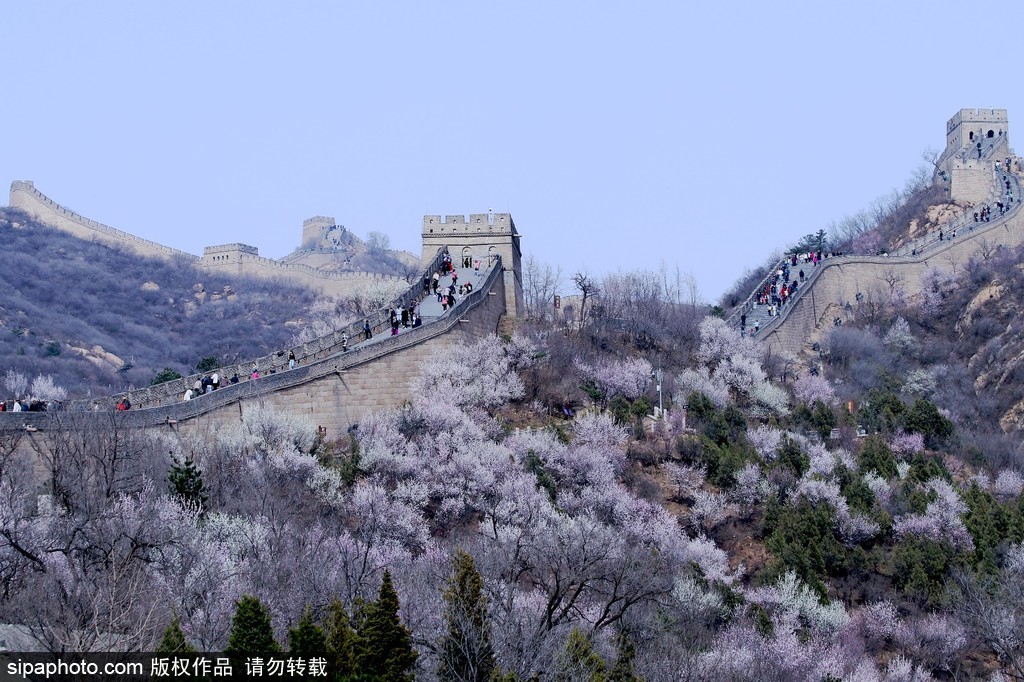Spring Festival, which falls on the 1st day of the 1st lunar month, is the most important festival in China and a time for family reunion, like Christmas in the West.
Traditionally, Spring Festival starts in the early days of the 12th month of the lunar calendar and lasts until the middle of the 1st lunar month of the following year. With the modernization of China, some traditional customs are still followed today, but others have fallen by the wayside.
Here are some customs that traditionally celebrate the Spring Festival.
Little New Year, which falls the 23rd day of the 12th month in the Lunar calendar, is also known as the Festival of the Kitchen God, the deity who oversees the moral character of each household.
People make sacrifices to the Kitchen Gold on this day. A paper image is burnt dispatching the god's spirit to Heaven to report on the family's conduct over the past year. The Kitchen God is then welcomed back by pasting a new paper image of him beside the stove.
Families undertake thorough house cleaning on the 24th day of the 12th month in the Lunar calendar, sweeping out the old in preparation for the coming year.
According to tradition, ghosts and deities must choose either to return to Heaven or to stay on Earth during the last month of the year. It is believed that to ensure the ghosts and deities' timely departure, people must thoroughly clean both their bodies and their dwellings, down to every last drawer and cupboard.
People turn the mill and make tofu on the 25th day of the 12th month in the Lunar calendar, as legend says the Jade Emperor will descend and taste the soybean curd residue to experience an austere life.
According to Taoist mythology, the Jade Emperor is the Taoist ruler of Heaven and all realms of existence below, including that of Man and Hell. He is one of the most important gods of the Chinese traditional religious pantheon.
The folk saying goes: "butcher a pig and get some meat to prepare for the New Year feast" on the 26th day of the 12th month in the Lunar calendar.
In the old days, many people could not afford meat and they saved the best for the New Year feast. People's livelihoods have improved greatly and meat is now a very common dish in daily diet, but the Chinese still prefer having meat during festival season.
People kill chickens and go to market to buy provisions for the Spring Festival on the 27th day of the 12th month in the Lunar Calendar. With the approach of the Lunar New Year, Chinese people prepare ingredients and food they need for the New Year feast. Chicken is an indispensible dish.
After people have cleaned the house and started preparing food, they begin decorating their homes creating an atmosphere of rejoicing and festivity on the 28th day of the 12th month in the Lunar Calendar. Decorations include spring couplets, New Year pictures, posters of door gods and paper-cuts.
On the 29th day of the 12th lunar month people visit the graves of their ancestors to honor their memory. It is said Spring Festival originated in the Shang Dynasty (c. 1600 BC-c. 1100 BC) from the people's sacrifice to gods and ancestors at the end of an old year and the start of a new one.
Chinese people are supposed to stay up the whole night on the 30th day of the 12th month in the Lunar Calendar



